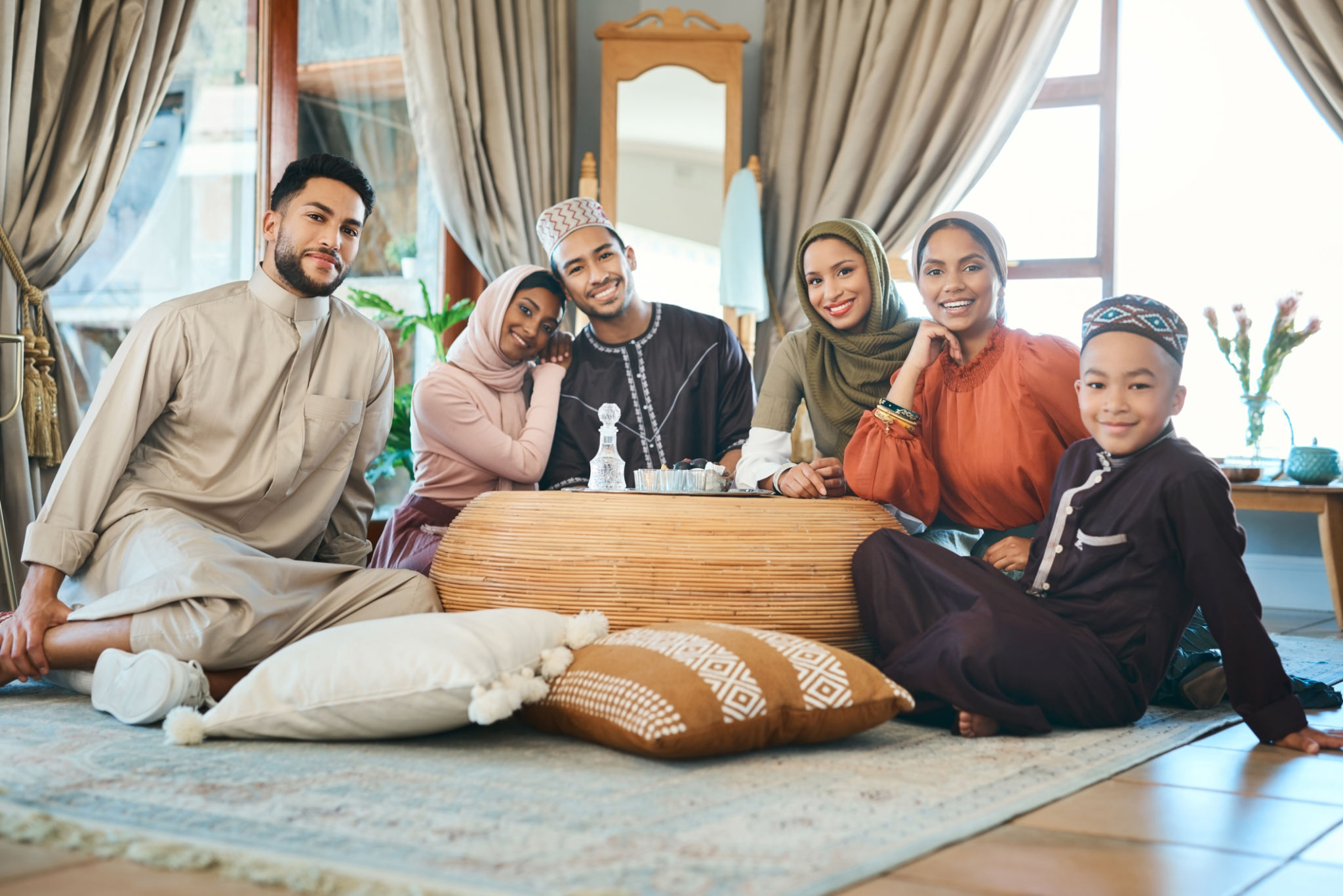The Ultimate Guide to Ramadan Traditions and Celebrations in the UAE
Understanding the Significance of Ramadan
Ramadan, the ninth month of the Islamic lunar calendar, is a period of profound spiritual reflection and devotion for Muslims worldwide. In the United Arab Emirates (UAE), this holy month is observed with great reverence and marked by unique traditions and celebrations. During Ramadan, Muslims fast from dawn until sunset, refraining from eating, drinking, and other physical needs as a means of purifying the soul and practicing self-discipline.

Fasting and Its Rituals
The fast, known as Sawm, is one of the Five Pillars of Islam and is obligatory for all adult Muslims, with exceptions for the sick, elderly, pregnant, nursing, and travelers. The day begins with a pre-dawn meal called Suhoor, followed by the first prayer of the day, Fajr. At sunset, the fast is broken with a meal known as Iftar. This meal is often started with dates and water, following the tradition of the Prophet Muhammad.
Iftar: A Time for Community and Sharing
Iftar is not just a meal; it is a time for family and community. In the UAE, it is common for people to gather in large groups to share this special breaking of the fast. Many mosques and charitable organizations also provide free Iftar meals for those in need. Restaurants offer special Iftar menus, presenting a variety of traditional Emirati and international dishes.

Nightly Prayers: Taraweeh
After Iftar, Muslims perform an additional nightly prayer called Taraweeh. These prayers are unique to Ramadan and are held in mosques where large congregations gather. The atmosphere during Taraweeh is filled with spirituality and unity as the entire Quran is recited over the course of the month.
The Spirit of Giving: Charity During Ramadan
Charity, or Zakat, is another key component of Ramadan. Muslims are encouraged to give generously during this time to support those who are less fortunate. In the UAE, numerous initiatives and charitable activities are organized to help provide food, clothing, and financial aid to those in need.

Traditional Foods and Drinks of Ramadan
The UAE has a rich culinary heritage that shines during Ramadan. Traditional dishes such as Harees, Machboos, and Ouzi are commonly prepared for Iftar. Sweets like Luqaimat and beverages such as Jallab and Karkadeh make frequent appearances on the dining table, adding to the festive atmosphere.
Eid al-Fitr: The Joyous Conclusion of Ramadan
The end of Ramadan is marked by a three-day festival known as Eid al-Fitr. This joyous occasion begins with a special prayer at the mosque, followed by feasting and celebrations with family and friends. It is customary to wear new clothes, exchange gifts, and give Eidi—money given to children as a token of celebration.
Experiencing Ramadan in the UAE as a Visitor
Visitors to the UAE during Ramadan can experience a unique cultural immersion. While non-Muslims are not required to fast, they are expected to respect local customs by refraining from eating or drinking in public during daylight hours. Many cultural events and Iftar gatherings are open to tourists, offering an opportunity to engage with local traditions.

The Unique Ramadan Atmosphere in the UAE
Ramadan in the UAE is characterized by a serene yet vibrant atmosphere. The streets are adorned with festive lights, markets extend their hours into the night, and a sense of community prevails throughout. For both residents and visitors alike, experiencing Ramadan in this region offers a glimpse into the rich cultural tapestry that defines the UAE.
